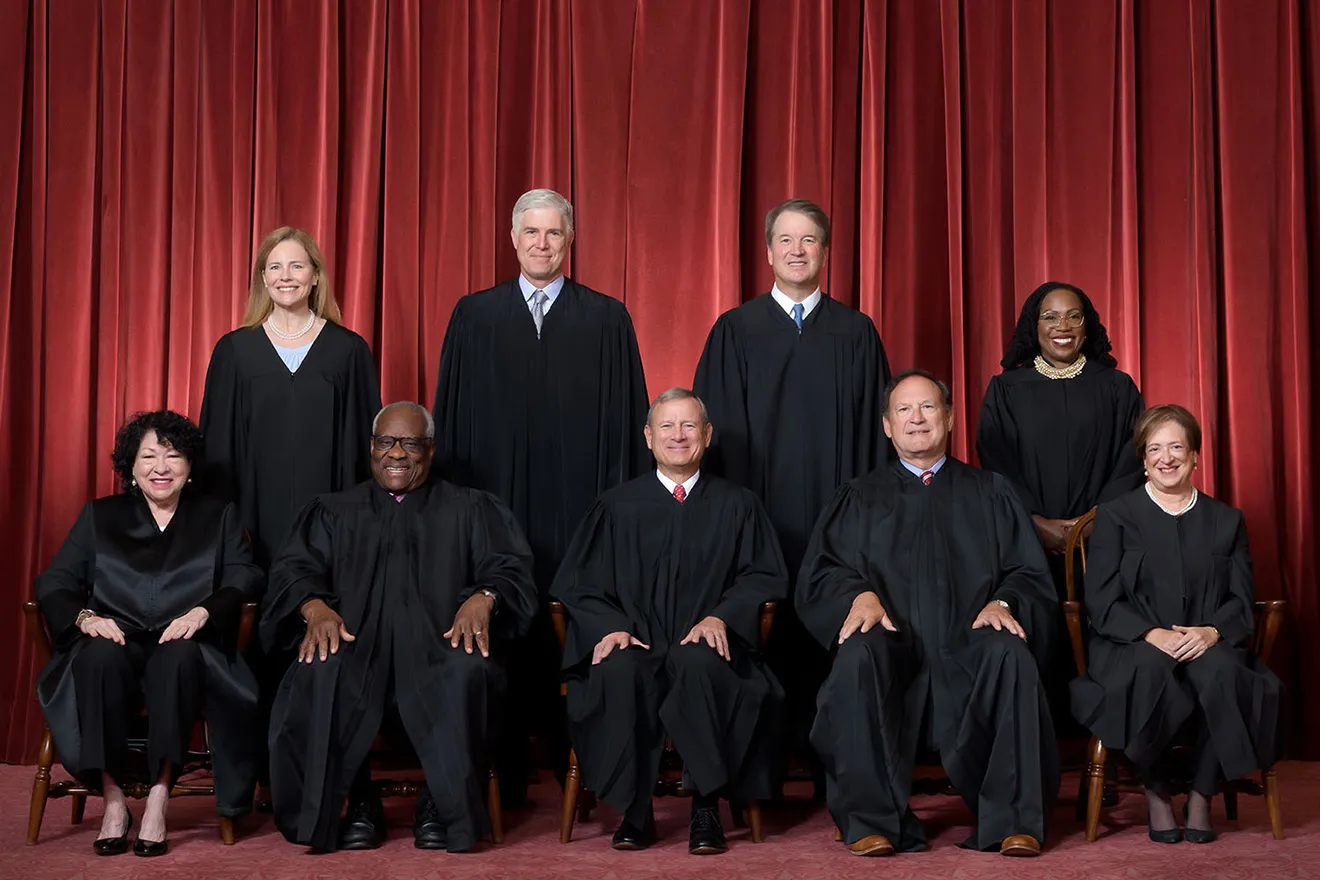
U.S. Supreme Court schedules March 26 oral arguments in abortion pill access case
© iStock - SeanPavonePhoto
(Colorado Newsline) The U.S. Supreme Court will hear oral arguments March 26 in the case that could significantly curtail access to a prescription drug used for both abortions and miscarriage care.
The case centers on when and how patients can access mifepristone, a pharmaceutical the U.S. Food and Drug Administration originally approved in 2000.
Mifepristone is currently approved for use up to 10 weeks gestation and accounts for more than half of abortions in the United States when used in combination with a second pharmaceutical called misoprostol.
Doctors also often use the two-drug regimen to provide treatment following a miscarriage.
Lawsuit history
The original lawsuit, brought by the anti-abortion legal organization Alliance Defending Freedom, asked the U.S. District Court for the Northern District of Texas to overturn the FDA’s original approval of mifepristone.
If the judge didn’t agree to that, the organization requested the court revert prescribing and dosage of mifepristone to what was in place before the FDA began implementing changes in 2016.

Judge Matthew Joseph Kacsmaryk stayed the FDA’s original approval of mifepristone in an April 2023 ruling that was later put on hold by the U.S. Supreme Court pending appeal.
The 5th Circuit Court of Appeals heard oral arguments in May 2023 before issuing its ruling a few months later, in August.
That three-judge panel said that mifepristone could remain legal in the United States, but that prescribing and dosage guidelines should go back to what was used before changes began taking effect in 2016. That ruling is on hold pending the Supreme Court’s decision in this case.
That ruling, should it ever take effect, would lower the maximum gestational age from 10 weeks to seven weeks and remove the option for mifepristone to be prescribed via telehealth appointments and mailed to patients’ homes.
Patients would once again be required to attend three in-person doctor’s office visits to complete a medication abortion.
Only doctors would be able to prescribe mifepristone, instead of health care providers who are authorized to prescribe medications.
Dosage and timing of mifepristone and the second drug used in medication abortion, misoprostol, would need to be administered under guidelines that went out of use more than seven years ago.
Briefs filed
Dozens of medical organizations and pharmaceutical groups have filed briefs with the Supreme Court, urging it to decide one way or another.
The Pharmaceutical Research and Manufacturers of America wrote in its 28-page brief that if the 5th Circuit Court of Appeals ruling is left in place it “could invite boundless litigation to FDA drug approvals.”
“Congress created an FDA approval process that is both rigorous and thorough, and pharmaceutical companies invest billions of dollars in research and development to meet FDA’s scientific standards,” they wrote.
If the appeals court’s ruling is allowed to take effect, they wrote, it “threatens to stifle pharmaceutical innovation by disrupting industry’s reasonable investment-backed expectations.”
Several medical organizations, including the American College of Obstetricians and Gynecologists and the American Medical Association, wrote in a 36-page brief to the Supreme Court that “[n]o patient should be denied treatment for miscarriage or other early pregnancy loss because of Respondents’ hypothetical fears or personal beliefs.”
When it comes to abortion access, they wrote that patients “in states where abortion remains legal and protected should not be denied the ability to safely and privately seek to exercise that right through safe and effective medication abortion.” Abortion access is protected in Colorado law.
“Restricting access to mifepristone — the safety of which is proven by decades of rigorous scientific study and millions of uses — in ways that are not medically necessary or scientifically sound would seriously increase risk for hundreds of thousands of patients, while protecting none,” they wrote.
“For already vulnerable populations (particularly those living in areas with limited access to OB/GYN care) the rollback approved by the Fifth Circuit promises to be especially devastating and to further perpetuate racial and socioeconomic inequalities,” they added.
Alliance Defending Freedom Senior Counsel Erin Hawley said in a written statement released last week that she urged “the Supreme Court to hold the FDA accountable and require the agency to reinstate its safety standards.”
Colorado Newsline is part of States Newsroom, a network of news bureaus supported by grants and a coalition of donors as a 501c(3) public charity. Colorado Newsline maintains editorial independence. Contact Editor Quentin Young for questions: info@coloradonewsline.com. Follow Colorado Newsline on Facebook and Twitter.

















